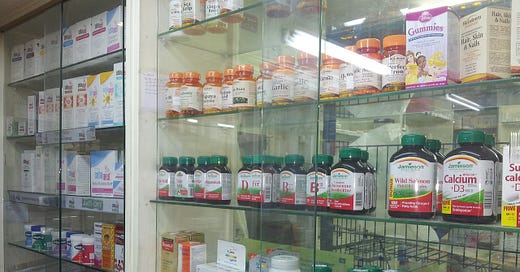Pharmacy Assistants Continue Strikes on Thursday and Friday
Nationwide strikes demand higher wages and better working conditions for pharmacy assistants.
Pharmacy assistants across the Netherlands are going on strike again on Thursday and Friday, continuing their push for a better collective labour agreement. Organised by unions FNV and CNV, the strikes aim to secure higher wages, improved working conditions, and reduced workloads. This is the second nationwide strike in the sector, following the historic action on November 12 last year.
Wage Demands and Employer Offers
Pharmacy assistants are demanding a 6% wage increase retroactive to July 1, 2024, a minimum wage of €16 per hour, an end-of-year bonus, and compensation for pre-work preparation time. In contrast, employers have offered a 2% raise from July 2024 and a 5.24% raise from July 2025. Employers cite limitations imposed by health insurers and government policies as barriers to meeting union demands.
While some pharmacy owners, such as Ebian Brill of Apothekersgroep Groningen, have independently raised wages in line with the employer's offer, the unions remain firm in their stance for broader, binding agreements. “We have to tell the honest story,” said Brill, who manages five pharmacies in Groningen and Haren.
Emergency Care Maintained
During the strike, emergency care is ensured. Patients requiring urgent prescriptions could call an emergency line or visit an alternative pharmacy. Despite these measures, pharmacies experienced busier-than-usual days leading up to the strikes as patients prepared in advance.
Legal Challenges and Future Actions
An earlier plan to strike around Christmas was blocked by a court, which ruled that closing pharmacies for nine consecutive days posed a risk to public health. The unions then rescheduled the strikes for January and have warned of further actions later this month if no agreement is reached.
Protests and Impact
Since protests began in September, pharmacy employees have engaged in punctuality actions and regional strikes, gradually escalating to full-day and national strikes. The unions argue that their demands are essential to address the increasing workload and mental strain on pharmacy assistants.
While negotiations remain at an impasse, the unions hope that sustained action will pressure employers and health insurers to prioritise fair compensation and working conditions for thousands of workers in the pharmacy sector.





